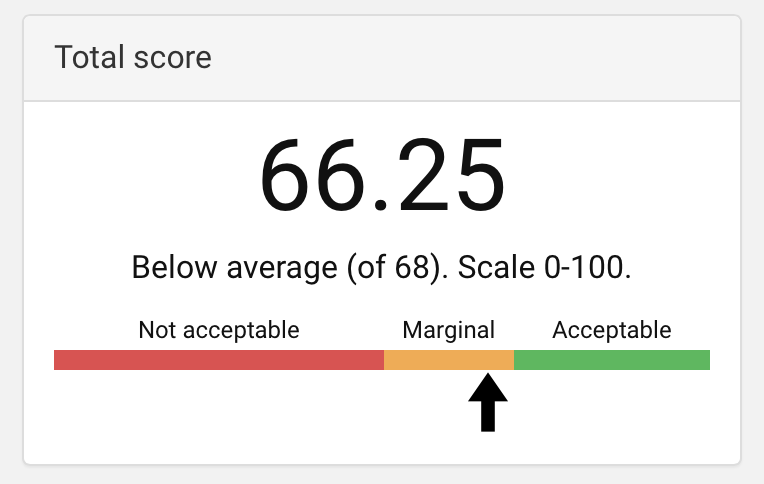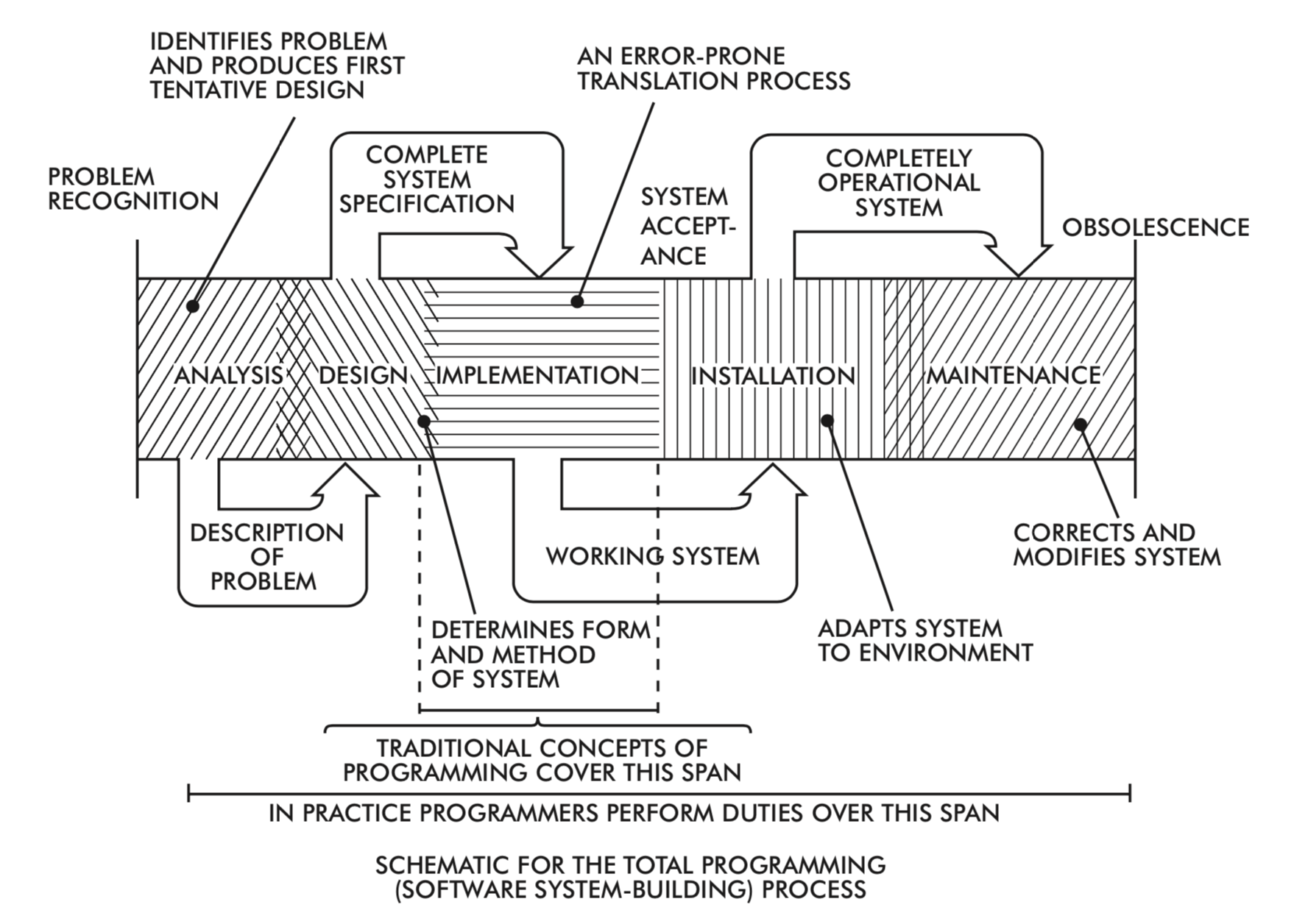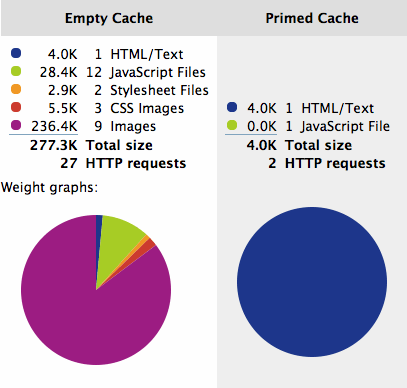
The first step to find out what users think
Empowering everyone to evaluate usability can improve the digital workplace. Here is how you take the first step with userpoll.io. Bad software makes a bad digital workplace Organizations that have been around for a few years typically have a large number of legacy systems. Ages ago, when they were created, it is likely that no one cared about their usability or design. Users were used to obeying software and taking a course in order to be able to file a report....


